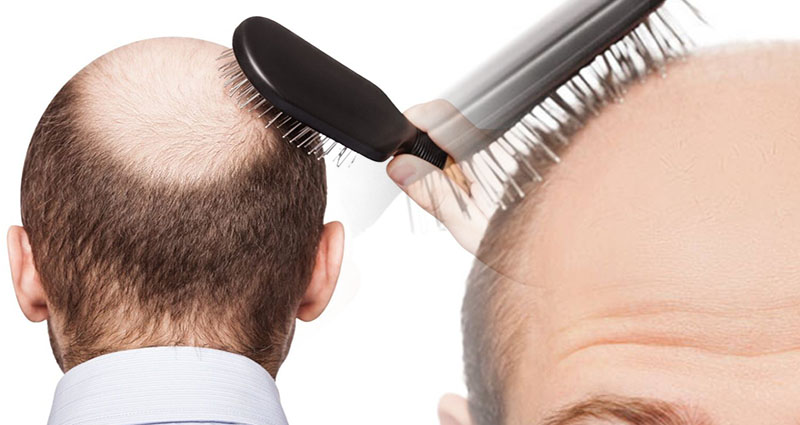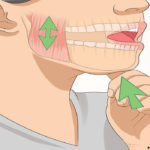Many reasons can cause noticeable thinning hair or baldness. It could be due to health conditions that lead to hair loss. Luckily, with the proper treatment of the health problem, the hair would remedy itself. However, if you are dealing with baldness or thinning hair, you need to visit a dermatologist to examine you and determine the cause of your problem. Ensure they are specialized in hair restoration to guide you on better ways to prevent and stop hair loss. Before going for the appointment, it’s crucial to know some of the root causes of hair loss to make it easy to comprehend what you need to do and the available option. This blog will outline potential causes of hair loss and baldness.
1. Thyroid Problems
Another hormone-related condition that can lead to hair loss is thyroid hormones. This could be either due to a medical condition called hypothyroidism or an overactive thyroid that leads to hair loss because it causes hormonal imbalance. It’s important to note that the thyroid hormone help regulates nearly every function in the body, including hair growth. When the thyroid gland is affected by autoimmune diseases such as Graves disease and Hashimoto’s thyroiditis, it will lead to hair loss. The good news is it can be treated, which can help get the hormones under control, allowing the hair to start growing back and stop hair loss.
2. Imbalances of Hormones
One of the common causes of hair loss is excess androgens or male sex hormones. In the female pattern for baldness, the androgens can affect the hair follicles leading to excess hair loss. It’s crucial to note that it can be triggered during estrogen-related cases such as pregnancy or menopause. On the other hand, male baldness is related to an increase in androgen called dihydrotestosterone (DHT). The DHT binds with the follicles leading to a stoppage in hair growth and a decrease in the overall life span of the hair. Other conditions, such as polycystic ovary, prostate cancer, and heart disease, can lead to hair loss.
3. Some Medication
Hair loss can result in using some medications to treat other health conditions. Some common medications that can lead to hair loss include drugs for depression, oral contraceptives, blood thinning medication, and calcium channel blockers. In addition, using some chemotherapy drugs used to treat cancer can lead to total hair loss as they work to destroy cancer cells. You can also lose your hair using too many retinoids or vitamin A. Fortunately, when you are done taking the medication and your health condition is solved, the hair will start to grow back. However, don’t stop taking the medication without talking to the doctor who might recommend you use a different drug to prevent hair loss and boost its growth.
4. Physical Trauma
When your body experiences serious physical stress, hair growth can be altered, resulting in hair loss through thinning hair. In addition, any shock to the system, such as burns, serious illness, or surgery, can shock the hair follicles. If you have severe illness or high fever, you can experience temporary hair loss.
It’s a Wrap
Understanding all the causes that can contribute to hair loss is critical to help you know the best option to opt for. However, always consults with your doctor to establish the root cause of the problem and treat it well to prevent hair loss and promote its growth.










